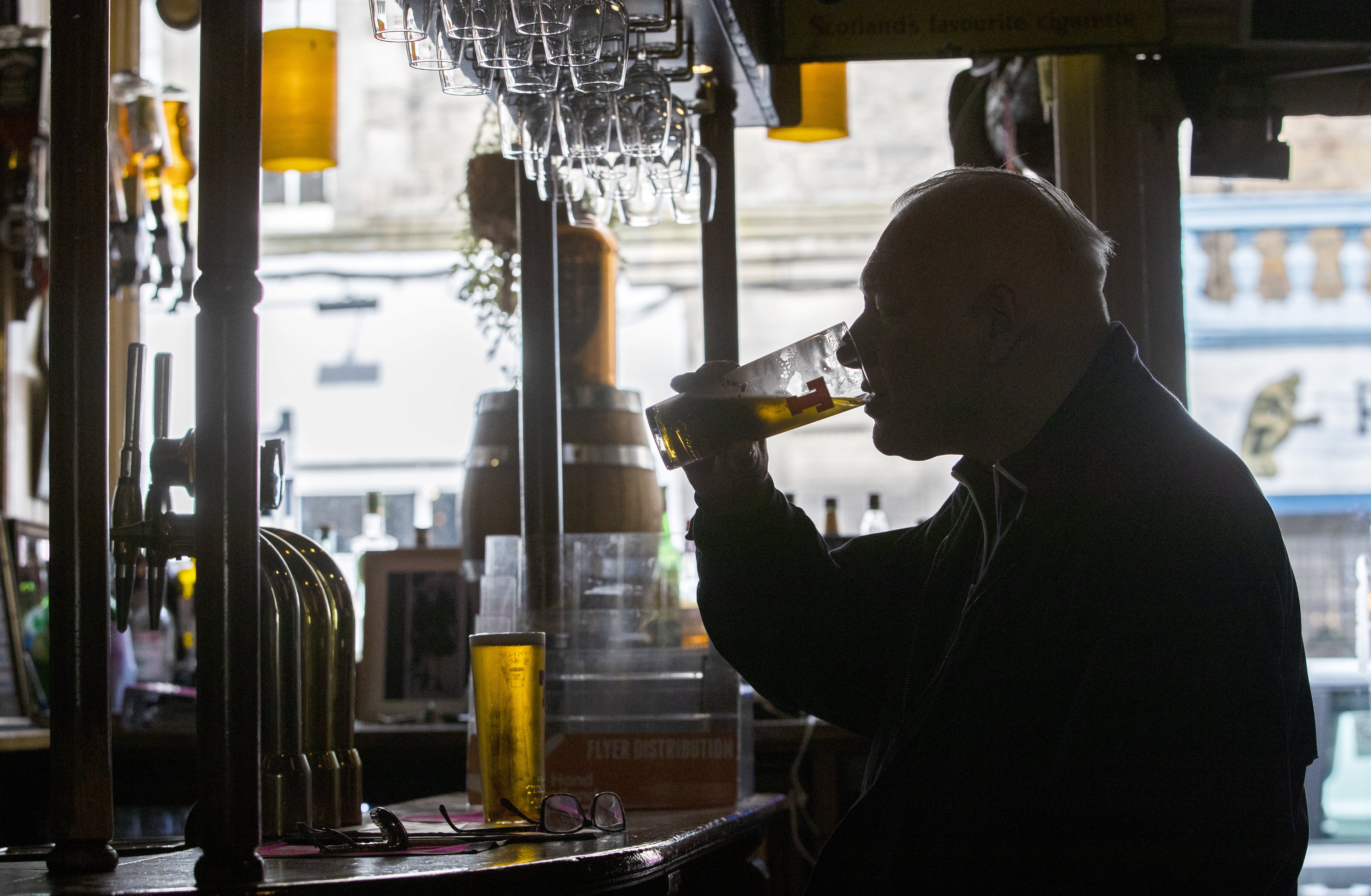Proportion of EU workers in UK hospitality drops heavily – report
Nearly two in three new starters in the sector were British last month, data shows.

Your support helps us to tell the story
From reproductive rights to climate change to Big Tech, The Independent is on the ground when the story is developing. Whether it's investigating the financials of Elon Musk's pro-Trump PAC or producing our latest documentary, 'The A Word', which shines a light on the American women fighting for reproductive rights, we know how important it is to parse out the facts from the messaging.
At such a critical moment in US history, we need reporters on the ground. Your donation allows us to keep sending journalists to speak to both sides of the story.
The Independent is trusted by Americans across the entire political spectrum. And unlike many other quality news outlets, we choose not to lock Americans out of our reporting and analysis with paywalls. We believe quality journalism should be available to everyone, paid for by those who can afford it.
Your support makes all the difference.The proportion of EU workers in the UK’s hospitality sector has dropped significantly over the last two years, according to data.
People from European Union countries made up 37% of the workforce at more than 700 hospitality companies in June, down from 43% two years ago, according to Fourth, a company that provides software to the industry.
The proportion of British workers in the sector rose from 46% to 51%, the data showed.
“A potent combination of Britain’s departure from the EU and the devastating impact of the pandemic continues to significantly shake up the sector’s labour market,” said Fourth’s Sebastien Sepierre.
Several restaurants have reported problems in finding staff in recent weeks, with some closing down or slashing services as a result.
Thousands of workers in the sector are still furloughed, Fourth’s data shows.
It said 45% of staff on payroll are still on full or flexible furlough. Although this is the lowest since the scheme began last year, it still represents a large portion of the workforce.
“The much-publicised staffing crisis is proving hugely challenging for operators, as a consequence of a clear shrinking of the labour pool, in back-of-house roles in particular,” Mr Sepierre said.
“It remains unclear how long this disruption might last and how it will be resolved in the months ahead during the long road to recovery.”
The trend towards fewer EU and more British workers looks set to continue as the right of Europeans to live and work in the UK is restricted after Brexit.
In June 63% of new starters in the sector were British, the highest figure since Fourth started measuring in 2016. EU citizens made up 28%, compared with 50% in January 2019.